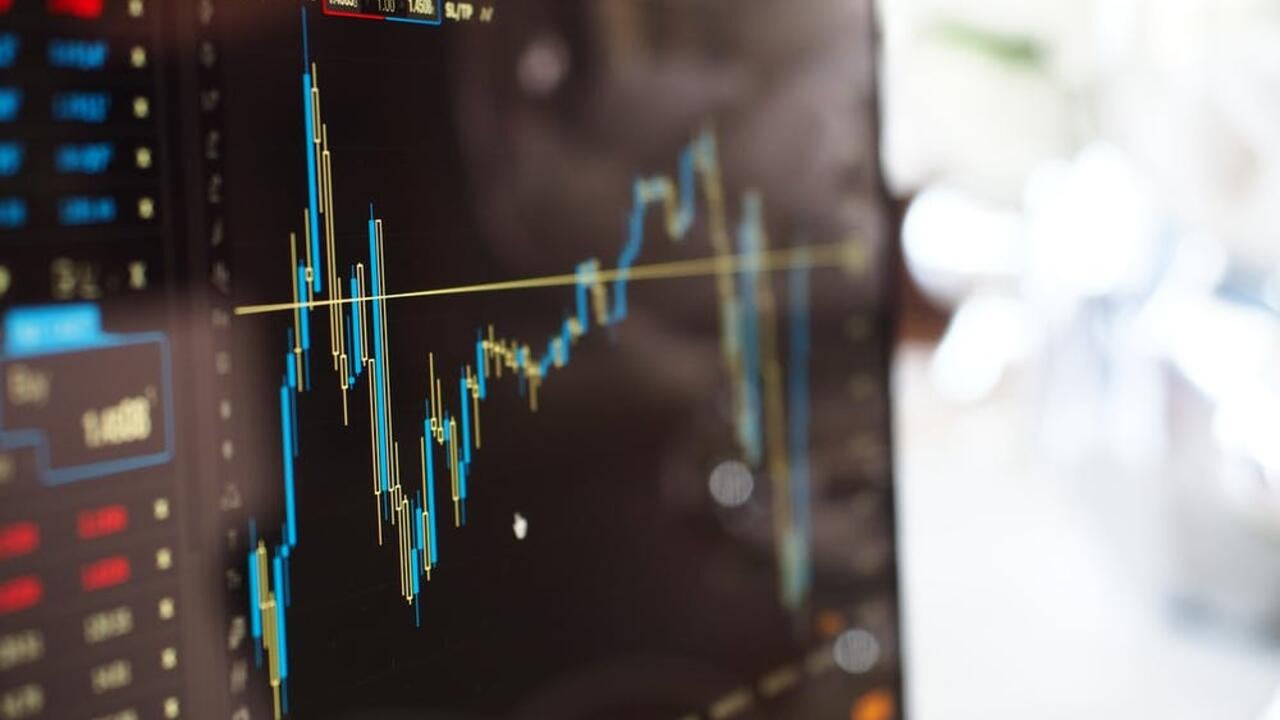
Q and A with the experts: Environmental, Social, and Governance scores didn’t help stocks during COVID
Did high ESG scores mean a company's stock was more resilient during the COVID-19 market crash?

Did high ESG scores mean a company's stock was more resilient during the COVID-19 market crash?
By Media RelationsEnvironmental, Social, and Governance (ESG) scores are ratings of a company’s performance in relation to pressing societal issues such a climate change. Investors may use these scores to screen investment candidates or use them as one factor in a more integrated quantitative trading strategy.
Most people think that investing through an ESG lens will ensure that their stock holdings are more resistant to severe losses when the market crashs, like what has happened during the COVID-19 pandemic.
A recent research paper co-authored by Professor Elizabeth Demers, of the School of Accounting and Finance found that it may have been premature to conclude that ESG performance is an important resilience factor in times of crisis, such as the COVID-19 market crash.
Have ESG factors demonstrated share price resiliency in these times of uncertainty in the markets?
Although there is a lot of hype surrounding the alleged share price resilience of firms scoring highly on ESG performance metrics, particularly during the Q1 2020 COVID-19-induced market meltdown, our study shows that ESG is not a determining factor for returns once fundamental measures of performance, intangible asset investment, and financial flexibility have been considered.
In other words, contrary to widespread claims that ESG is a determinant of better stock returns during periods of crisis, we show that firm and industry fundamentals drove returns during the COVID-19 crisis, not ESG performance.
How has your research shed light on the issue of policy change to have clear, substantiated reporting of ESG factors for public companies?
Our study made use of a well-established third-party ESG database to capture ESG performance. We did not use company-provided measures. As such, our research doesn’t speak to the policy issues related to firm disclosures of ESG measures, which remains a very important issue that is currently evolving rapidly.
What are the arguments to invest in companies that have high ESG rankings?
There is academic evidence to suggest that, over the longer-run, the equities of firms with higher ESG ratings will outperform their counterparts. A recent Royal Bank of Canada survey indicates that 70% of respondents in Canada believe that ESG-integrated portfolios can generate long-term sustainable profits.
Personally, I believe in a value-based approach to investing and to doing business. Reputation is important in business. So, I think that it’s reasonable to expect that, in the longer-run, companies that treat their employees and society well will be more successful. And numerous studies support this notion. With respect to the environment, as the climate situation is becoming more desperate, companies that are ahead of the curve in developing greener products and processes will benefit as the risks (including those related to legislative changes) continue to increase. Furthermore, there is at least anecdotal evidence to suggest that more values-driven companies attract more talented and committed employees, leading to a virtuous cycle. The arguments in favor of good governance are even more long-standing and obvious – quite simply, better-governed firms produce better results.
The University of Waterloo has a number of experts available for comment on various aspects of the COVID-19 pandemic, click here to see the up-to-date list.

Read more
Researchers awarded funding to investigate ecology, climate change, repatriation, health and well-being through cultural and historical lens

Read more
New Canada Research Chairs will tackle future-focused problems from social robots and intergroup attitudes to geochemistry and nanoscale devices

Read more
Meet five exceptional Waterloo graduate students crossing the convocation stage as Class of 2025 valedictorians
The University of Waterloo acknowledges that much of our work takes place on the traditional territory of the Neutral, Anishinaabeg, and Haudenosaunee peoples. Our main campus is situated on the Haldimand Tract, the land granted to the Six Nations that includes six miles on each side of the Grand River. Our active work toward reconciliation takes place across our campuses through research, learning, teaching, and community building, and is co-ordinated within the Office of Indigenous Relations.